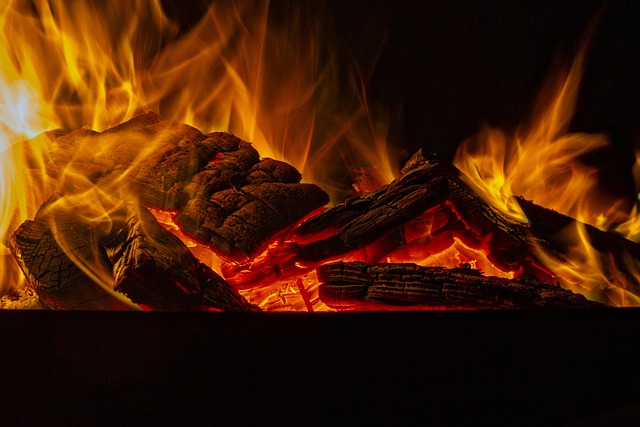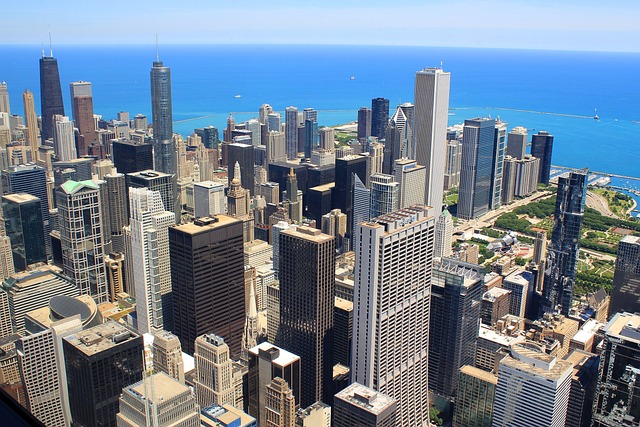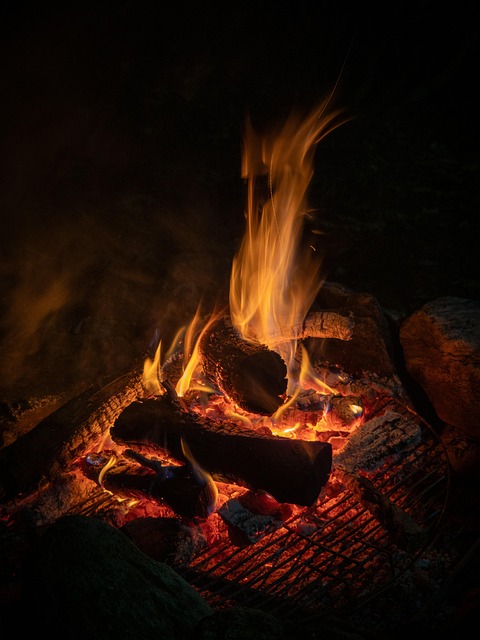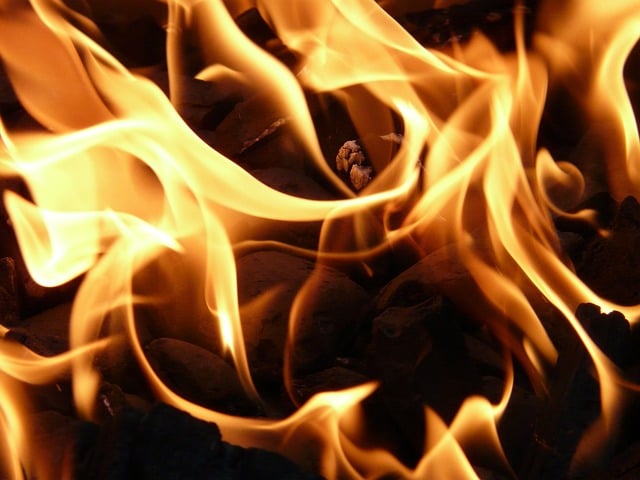Chicago's real estate scene offers opportunities for flippers and investors, particularly in revitalizing neighborhoods like Lincoln Park, Wicker Park, and Bucktown. Selling a house with fire damage involves careful navigation through assessment, repair, insurance claims, and marketing. Successful flippers assess damage, market potential for renovation, and price competitively while staying informed about local regulations. Investors should conduct thorough initial assessments, analyze market trends and legal aspects, and seek professional consultation before making decisions regarding Chicago properties with fire damage. Key SEO keywords: sell a house with fire damage Chicago.
“Chicago’s real estate market offers both seasoned investors and newcomers a unique blend of challenges and opportunities. This article provides an in-depth guide for navigating the dynamic landscape of Chicago’s property sector, focusing on key strategies for success. From understanding market trends to tackling the specific challenges of selling homes with fire damage in Chicago, we equip investors with essential tools. Learn effective house flipping tactics and crucial considerations when dealing with fire-damaged properties to maximise returns in this vibrant city.”
- Understanding Chicago's Real Estate Market: Trends and Opportunities for Investors
- Navigating Fire Damage: A Guide for Selling Houses in Chicago
- Strategies for Successful House Flipping in the Windy City
- Key Considerations for Real Estate Investors Dealing with Fire-Damaged Properties
Understanding Chicago's Real Estate Market: Trends and Opportunities for Investors

Chicago’s real estate market is dynamic and offers a plethora of opportunities for investors, with trends constantly evolving. One notable trend in recent years has been the growing demand for properties in emerging neighborhoods, such as Lincoln Park, Wicker Park, and Bucktown. These areas have seen significant revitalization, attracting young professionals and families seeking affordable options outside of the traditional Loop district. The city’s diverse culture, world-class architecture, and robust economy contribute to its appeal, making it an attractive destination for real estate investors.
Additionally, Chicago has experienced a rise in investment strategies focused on renovation and flipping. Properties with potential, such as those that require cosmetic repairs or have been affected by fire damage (like sell a house with fire damage Chicago), present excellent opportunities. Investors who can identify undervalued properties and execute successful renovations stand to make significant profits. With the right vision and expertise, even areas hit by natural disasters or fires can be revitalized, turning potential setbacks into lucrative investments.
Navigating Fire Damage: A Guide for Selling Houses in Chicago
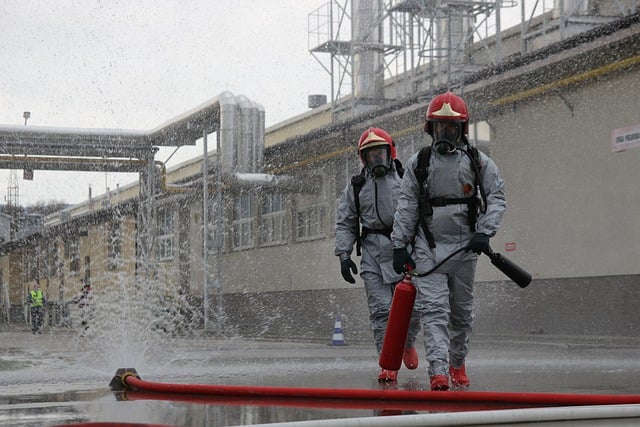
Selling a house with fire damage in Chicago can be a challenging process, but it’s definitely achievable. The first step is to assess the extent of the damage and understand that repair costs can vary greatly depending on the severity. It’s crucial to consult with experienced contractors for accurate estimates and a clear understanding of potential red flags.
Once you have a plan for repairs, navigating the insurance claims process becomes more manageable. Documenting the damage thoroughly is essential for both settling with your insurer and appealing any decisions if necessary. Remember that Chicago’s real estate market is competitive, so addressing fire damage promptly and transparently can help ensure your home remains attractive to potential buyers.
Strategies for Successful House Flipping in the Windy City

Chicago, known as the “Windy City,” presents unique opportunities for real estate investors looking to flip houses. Successful flipping requires a strategic approach tailored to the local market and its challenges. One such challenge is navigating properties with fire damage, a common issue in Chicago’s older housing stock. Investors should first assess the extent of damage; minor repairs may be cost-effective, while extensive fires might warrant a complete renovation. In cases of severe fire damage, selling a house with these issues in Chicago can be challenging, but not impossible. Professional restoration services can help transform damaged properties into desirable homes again.
Marketing and pricing are crucial aspects to consider. Highlighting the potential for a “like-new” home after renovations can attract buyers. Offering competitive prices while factoring in renovation costs is essential for quick sales. Additionally, focusing on the neighborhood’s appeal and future prospects of the area can make fire-damaged properties more attractive. Investors should also stay informed about local regulations regarding repairs and disclosures to ensure compliance and build trust with potential buyers.
Key Considerations for Real Estate Investors Dealing with Fire-Damaged Properties
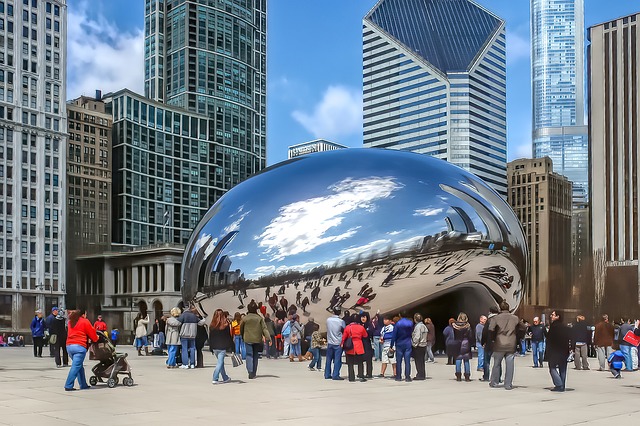
Real estate investors in Chicago, particularly those considering purchasing properties with fire damage, must weigh several key factors to make informed decisions. The initial assessment is crucial; a thorough inspection reveals the extent of the damage and determines if the repairs are feasible and cost-effective. Investors should also explore market trends and comparable sales data for similar fire-damaged homes in the area to gauge potential resale values when rehabilitating and selling a house with fire damage Chicago.
Another important consideration is understanding the legal and insurance aspects. Navigating the process of claiming insurance benefits, checking local zoning regulations regarding repairs, and ensuring compliance with building codes can impact investment returns. Investors should consult professionals, including real estate attorneys and insurance adjusters, to navigate these complexities and make strategic decisions about whether to renovate or sell a house with fire damage Chicago.
Chicago’s real estate market offers unique opportunities, from rising trends to lucrative flipping prospects. However, navigating fire-damaged properties presents specific challenges, as highlighted in this article. For investors considering the latter, understanding how to effectively sell a house with fire damage in Chicago is crucial. By implementing strategic approaches and key considerations discussed here, you can successfully tap into the market’s potential while ensuring a smooth process for both yourself and future homeowners.
